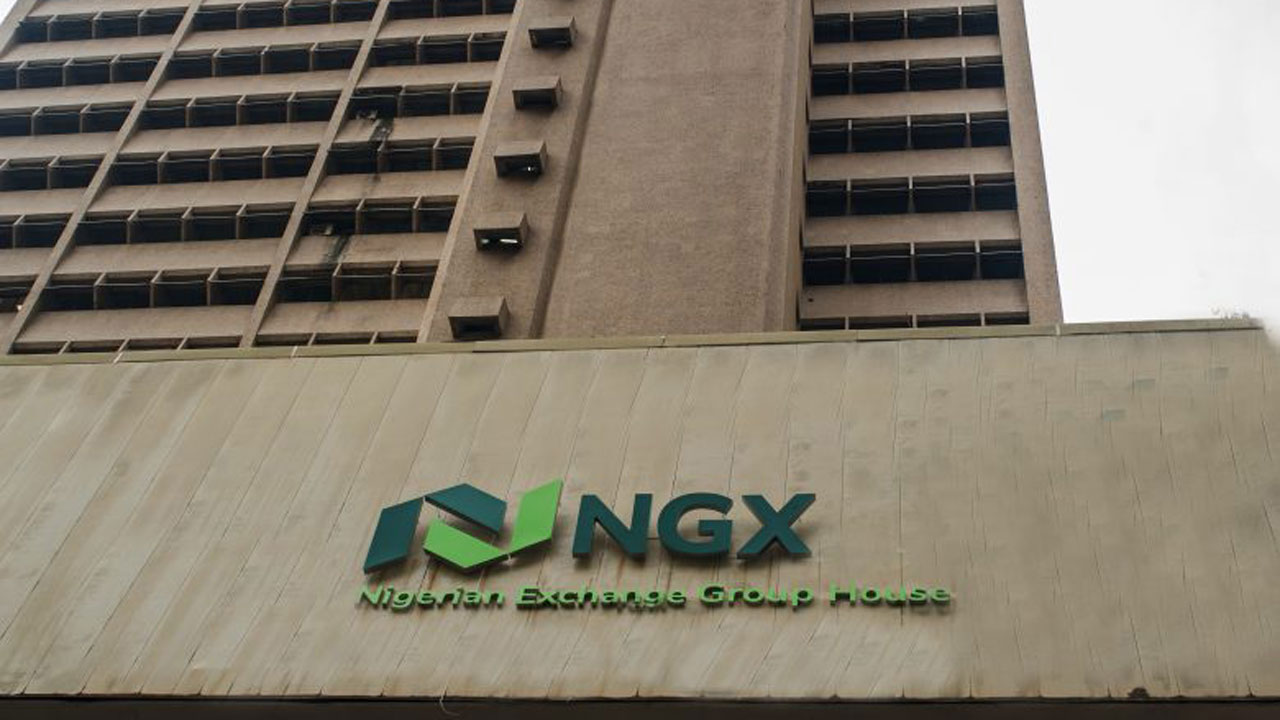The Central Bank of Nigeria (CBN) revealed that it spent $1.87 billion on food imports in the first nine months of 2024. This is $235 million more than the $1.64 billion spent during the same period in 2023, marking a 14% increase.
The numbers, published in the CBN’s quarterly report, highlight Nigeria’s heavy reliance on imported food despite government efforts to boost local production.
Monthly Breakdown of Spending
Looking at the data month by month, there were big swings in how much was spent:
- January 2024: Spending dropped by 33% to $164 million compared to $246 million in January 2023.
- February 2024: Costs almost doubled to $304 million, up from $164 million the previous year.
- March 2024: Spending fell again, dropping 17% to $222 million, compared to $268 million in March 2023.
- April 2024: A sharp decline of 36% brought spending down to $153 million, from $241 million in April 2023.
Things changed in the second half of the year:
- July 2024: Spending surged by 159% to $150 million, compared to $58 million in July 2023.
- August 2024: A massive 189% increase saw spending reach $275 million, up from $95 million in August 2023.
- September 2024: Spending rose 74% to $209 million, compared to $120 million in September 2023.
These fluctuations show that Nigeria is still highly dependent on imported food, even though costs vary from month to month.
Rising Food Prices
The increase in spending comes as food prices in Nigeria continue to climb. According to the National Bureau of Statistics, food inflation hit 39.84% in December 2024, up from 33.93% in December 2023.
Staple foods like rice, yams, maize, and dried fish have become much more expensive, putting a strain on household budgets. However, on a month-to-month basis, inflation slightly slowed to 2.66% in December, down from 2.98% in November.
Some states were hit harder than others:
- Sokoto: Food prices skyrocketed by 57% in December.
- Zamfara and Edo: Prices rose by 46% in these states.
- Meanwhile, Yobe, Kano, and Abuja recorded slight declines in food prices on a monthly basis.
Government Efforts to Address the Crisis
To combat rising food prices, the Federal Government announced a temporary waiver on import duties for food items like maize, rice, wheat, and cowpeas. This 150-day duty-free window, introduced in July 2024, was aimed at lowering import costs and making food more affordable.3
However, bureaucratic delays have stalled the plan’s implementation, leaving Nigerians to continue struggling with high food costs. In summary, while the government and CBN are making efforts to address food inflation, Nigeria’s growing dependence on imported food and rising global prices remain major challenges for the country.














